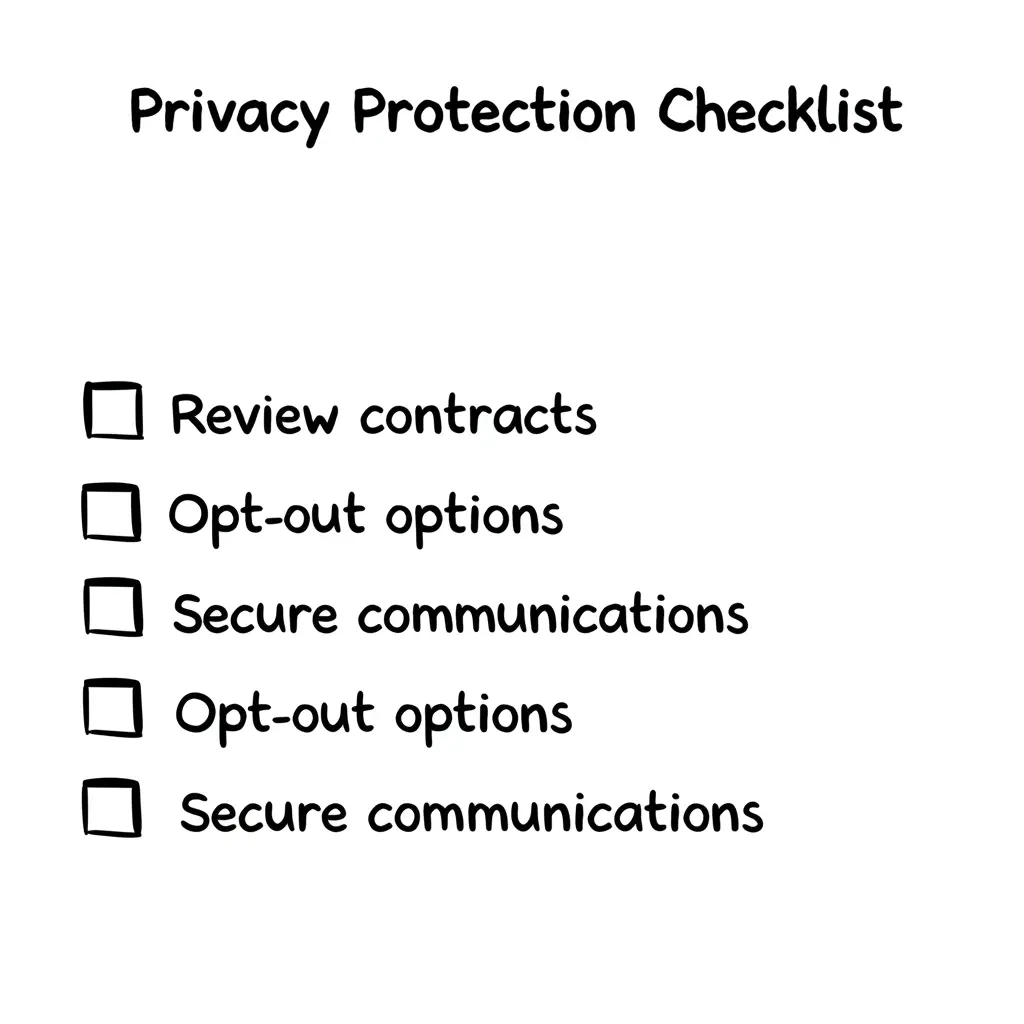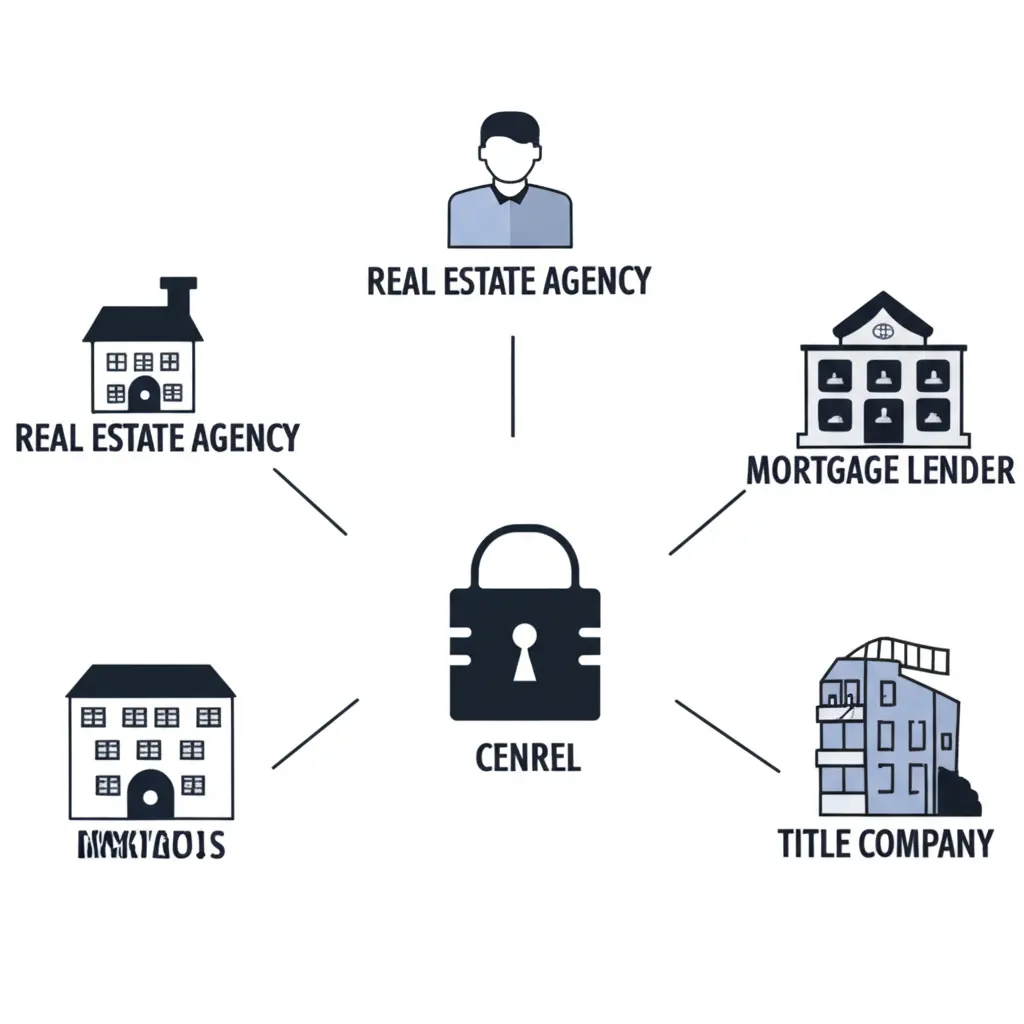How to Protect Your Privacy in the Real Estate Process
Discover practical ways to safeguard your personal information during real estate transactions.

Buying a home can be one of the most exciting milestones in life, but it also comes with its fair share of stress and worry. One concern that often flies under the radar until it's too late is the privacy of your personal information. Think about it—during the real estate process, you're sharing loads of sensitive data without really knowing where it's going. But don't worry! I've got some practical tips to help you keep your personal data safe and sound.
Why is Personal Information Shared in Real Estate?
When you're buying or selling a home, you're required to provide a plethora of personal details. This information can range from basic contact info to more sensitive data like Social Security numbers and financial records. But why is this necessary? The simple answer is that this data is used for everything from verifying identity to securing financing and completing transactions.

Who's Handling Your Data?
Real estate agents, lenders, title companies, and even home inspectors might get their hands on your information. That's a lot of people in the loop! Understanding who has access to what information can help you better manage privacy risks.
Steps to Protect Your Personal Information
Here's a quick rundown on how you can maintain the confidentiality of your details during real estate transactions:
- Careful Contract Review: Always read the fine print in contracts. Look for terms related to data sharing and privacy, and don't hesitate to ask for clarification on points that seem vague or concerning.
- Opting Out: Many companies share your information with third parties for marketing purposes. Look for opt-out options and use them to prevent unnecessary data sharing.
- Secure Communication: Whenever possible, use secure email services for sharing sensitive documents. Avoid free WiFi networks, as they can be easily compromised.
- Verify Before Sharing: Whenever someone requests sensitive information, make sure to verify the request's legitimacy. This can help you avoid scams and identity theft.

Conclusion: Trust, Verify, and Communicate
The real estate process doesn't have to be a privacy minefield if you take the right precautions. Like anything else in life, it's about balancing trust and verification. Always communicate openly with everyone involved in the transaction and never hesitate to ask questions if something feels off.
In the end, executing a few proactive steps can provide peace of mind as you navigate this important journey. What strategies have you found useful in safeguarding your privacy during significant transactions? I'd love to hear your thoughts!





